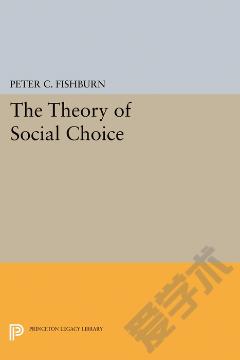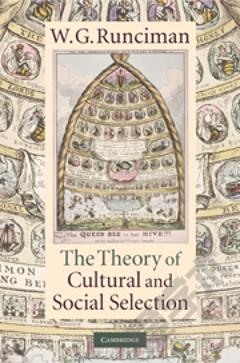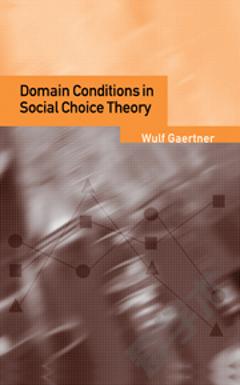The Theory of Social Choice
One fundamental premise of democratic theory is that social policy, group choice, or collective action should be based on the preferences of the individuals in the society, group, or collective. Using the tools of formal mathematical analysis, peter c. Fishburn explores and defines the conditions for social choice and methods for synthesizing individuals' preferences. This study is unique in its emphasis on social choice functions, the general position that individual indifference may not be transitive, and the use of certain mathematics such as linear algebra. The text is divided into three main parts: social choice between two alternatives, which examines a variety of majority-like functions; simple majority social choice, which focuses on social choice among many alternatives when two-element feasible subset choices are based on simple majority; and a general study of aspects and types of social choice functions for many alternatives.
{{comment.content}}








 京公网安备 11010802027623号
京公网安备 11010802027623号